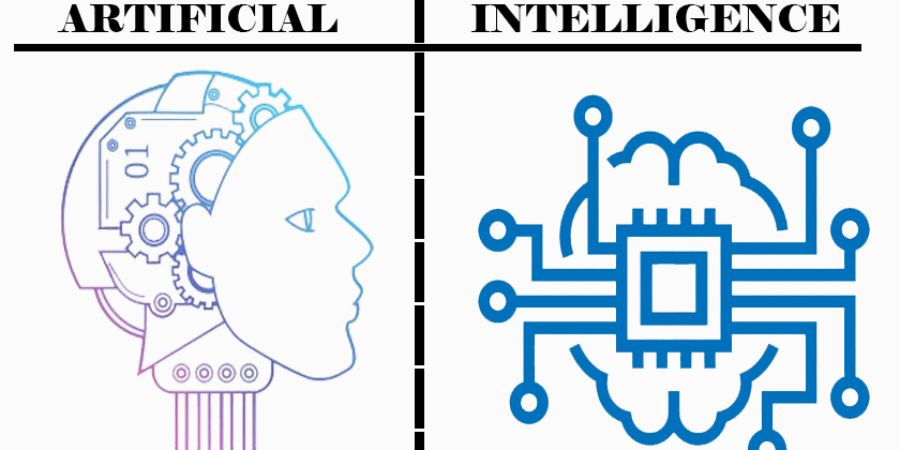

Artificial Intelligence is the study and development of computer systems able to perform tasks that typically require human intelligence. In its most general sense, the term could refer to any type of non-human intelligence, such as that exhibited by animals or machines. Turn on your favorite podcast at any given time and chances are, there will be an AI in there trying to sound intelligent. From personal assistants like Siri and Alexa to high-level robotics research in fields like industrial automation, AI is occupying a prominent space across society. As part of the larger field of computer science, the study of artificial intelligence has roots in the mid-twentieth century and has been revolutionized several times over. Although AI research has attracted considerable attention, it is also surrounded by popular misconceptions and media hype. The goal of this article is to provide a comprehensive overview of key concepts, applications, and ethical concerns surrounding artificial intelligence.
There are many definitions for AI that are consistent yet distinct; understanding these differences is critical for developing a full perspective on what AI entails. One way to know something about the theory on which something rests is to know what its originators intended. The most common definition of AI is given by the Oxford Centre for Computational Neuroscience, which defines AI as: "The study and design of intelligent agents and their artifacts with the explicit goal of bringing about the desired result."
Within this definition, there are two keywords to understand: intelligent agents and intended results. The first keyword - intelligent agent - refers to an organized system that can solve problems. In its simplest form, artificial intelligence consists of algorithms that drive a robot through a series of steps to complete a task. Although simple examples have been built in the past, AIs are now routinely constructed using software that can learn from experience and can also reason about its own cognition. The second keyword - intended result - refers to the desired outcome of an AI's activity; for example, if a computer is able to beat the world champion at chess, that fact would be used as evidence to support the claim that it is an 'intelligent agent.
Artificial intelligence can be defined as: "the study and design of intelligent agents and their artifacts." The term "artifact" refers to the physical form in which artificial intelligence is embodied -- for example, if it is implemented via computer software or neurons in a robot. When considering AI through this lens, it becomes clear that a strong emphasis on design and implementation is central (compared to other definitions) - agents are designed with intention.
Artificial intelligence is often conflated with the field of machine learning. Although machine learning concerns itself with the statistical and computational methods used to identify patterns in data, artificial intelligence takes this one step further by applying human-level reasoning to these patterns. For example, if a computer was capable of identifying a specific picture from amongst millions of pictures, it could be said to exhibit AI. However, this type of AI is not considered strong AI, which is only possible when "a system has achieved the ability to achieve a goal that would otherwise be considered physically impossible."
In addition to its many forms, artificial intelligence has sparked great controversy throughout history. This controversy has come in two forms: philosophical and pragmatic. Pragmatically, the vast majority of people hold negative sentiments towards artificial intelligence. In a recent survey conducted by the Pew Research Center, 71% of people were opposed to autonomous weapons and 69% were against an AI device that could control their lives at home. These statistics can partially be explained by ethical concerns surrounding the algorithmic biases in AI systems (discussed below). Philosophically, artificial intelligence is often characterized as being either 'artificial' or 'intelligence.' Some philosophers view these two terms as mutually exclusive; however, others take into account that an inanimate object can still think.
That's all for the blog, got enough knowledge to understand the overview of Artificial Intelligence, will see you on the next blog stay tuned for learning a lot of technologies each and every day.














